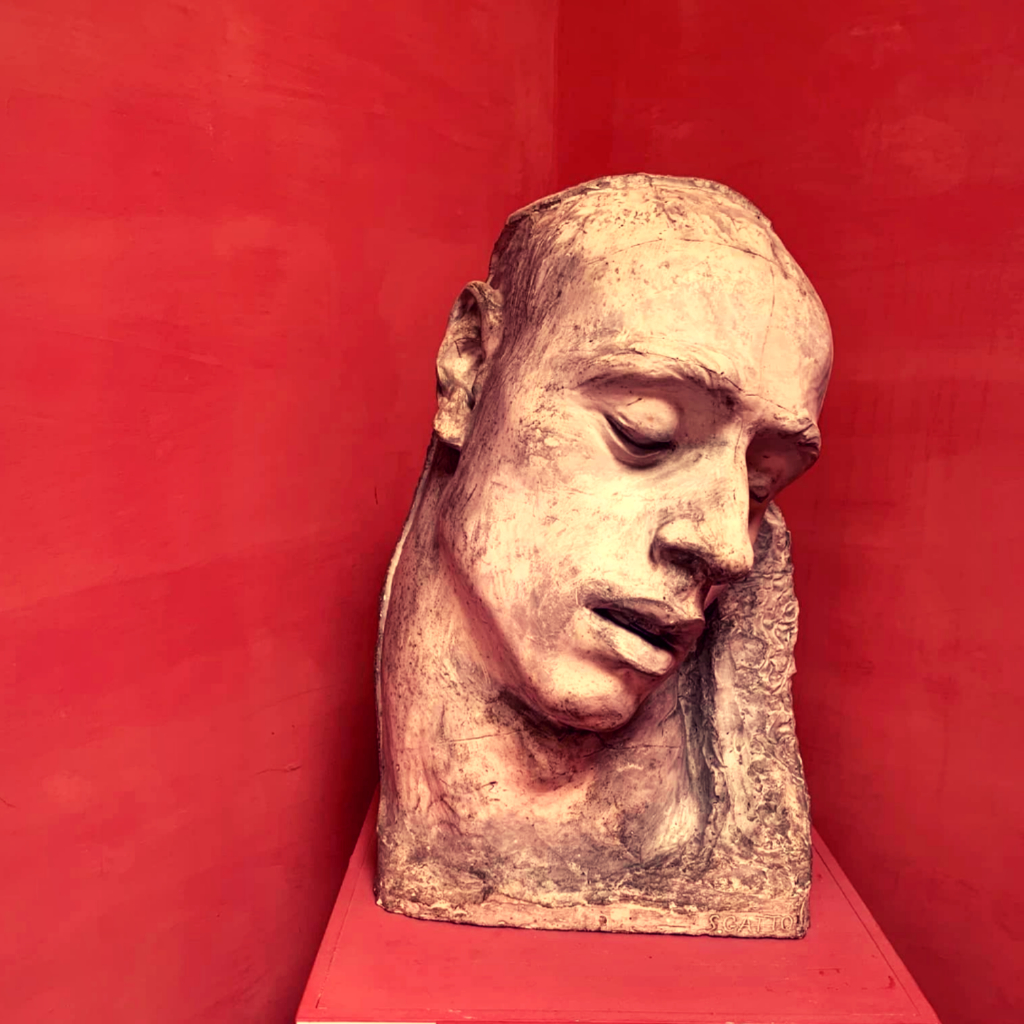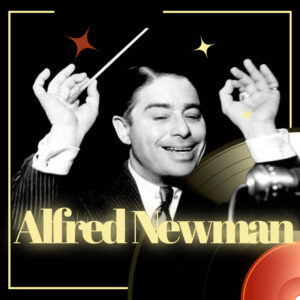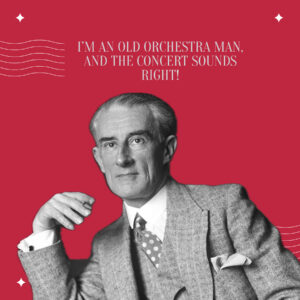Bruno Maderna is the protagonist of contemporary music: the Venetian composer and conductor is remembered with a rare 1971 documentary entitled “Un’ora con Bruno Maderna”
Bruno Maderna, (born April 21, 1920, Venice, Italy — died Nov. 13, 1973, Darmstadt, W.Ger.), Italian composer of avant-garde and electronic music and a noted conductor. Maderna studied with well-known teachers, including the Italian composer Gian Francesco Malipiero and the German conductor Hermann Scherchen. In 1941 he received his degree in composition at Rome from the Conservatorio di Musica Santa Cecilia. He expanded his musical activities after World War II, becoming known through his association with the Internationale Ferienkurse für Neue Musik (International Vacation Course for New Music) at Darmstadt, a centre of avant-garde musical teaching and composition. With his friend the composer Luciano Berio, Maderna founded the Studio di Fonologia Musicale at Milan Radio in Italy in 1954; the studio became a major laboratory for electronic music in Europe. With Berio he also founded a review devoted to electronic and avant-garde music, Incontri Musicali (“Musical Encounters”). Maderna later taught composition in Milan, at the Dartington Summer School of Music, Devon, Eng., and elsewhere.
Maderna’s music showed him to be an expressive lyric composer as well as an experimenter. His Serenata (1954) is a colourful orchestral work noteworthy for its subtle sonorities and polyrhythms. The Notturno for tape (1956) and Sintaxis for four different, unspecified electronic timbres (tone colours) display his interest in new sonorities. His oboe concerto (1962) reveals a more conventional viewpoint, although even in this he made use of small-scale aleatory (chance and improvisatory) operations. Maderna conducted widely and recorded extensively, including many works of his contemporaries.
Director: Gastone Favero
Production: RAI
Year: 1971



